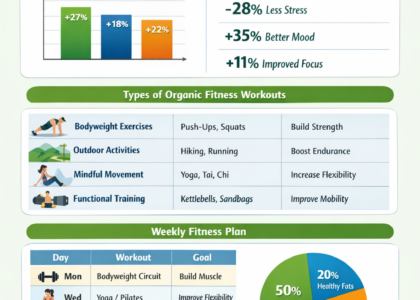In the healthcare field, effective communication is vital for patient care, and one of the most critical components of this communication is the health history interview. A nurse is preparing to conduct a health history interview to gather essential information that informs diagnosis and treatment. This article delves into the importance of this process, the strategies a nurse can employ, and answers to frequently asked questions.
Importance of Health History Interviews
When a nurse is preparing to conduct a health history interview, the primary goal is to collect comprehensive patient information. This includes past medical history, family health background, and lifestyle factors that may affect the patient’s health. Understanding these elements allows healthcare providers to create personalized care plans, improve patient outcomes, and establish rapport.
Key Components of a Health History Interview
- Patient Background: Gathering demographic information, including age, gender, and ethnicity.
- Medical History: Documenting past illnesses, surgeries, and allergies.
- Family History: Understanding genetic predispositions to certain conditions.
- Lifestyle Choices: Discussing diet, exercise, smoking, and alcohol use.
- Current Medications: Identifying all medications the patient is currently taking, including over-the-counter drugs.
Strategies for Conducting an Effective Interview
When a nurse is preparing to conduct a health history interview, several strategies can enhance the effectiveness of the process:
- Create a Comfortable Environment: Ensure privacy and reduce distractions to help the patient feel at ease.
- Use Open-Ended Questions: Encourage patients to share their stories by asking questions that require more than a yes or no answer.
- Listen Actively: Demonstrate empathy and understanding, which fosters trust and encourages open communication.
- Be Culturally Competent: Acknowledge and respect diverse backgrounds and beliefs that may influence health perceptions.
FAQs
What should a nurse ask during a health history interview?
When a nurse is preparing to conduct a health history interview, they should ask about the patient’s medical history, family history, current medications, allergies, and lifestyle factors.
How long does a health history interview typically take?
The length of time varies, but it generally takes between 30 to 60 minutes, depending on the complexity of the patient’s health issues.
Why is it important for nurses to conduct health history interviews?
Conducting health history interviews is crucial because it helps in understanding the patient’s overall health, which aids in diagnosis and treatment planning.
What challenges might a nurse face during a health history interview?
Challenges can include language barriers, patient reluctance to share personal information, and time constraints.
How can patients prepare for a health history interview?
Patients can prepare by bringing a list of medications, previous medical records, and being ready to discuss their health history openly.
Conclusion
In summary, when a nurse is preparing to conduct a health history interview, they play a pivotal role in gathering information that is essential for effective patient care. By employing thoughtful strategies and understanding the components of the interview process, nurses can enhance their communication skills and improve patient outcomes. Consistent practice and ongoing training in this area will continue to benefit both healthcare providers and patients alike.




